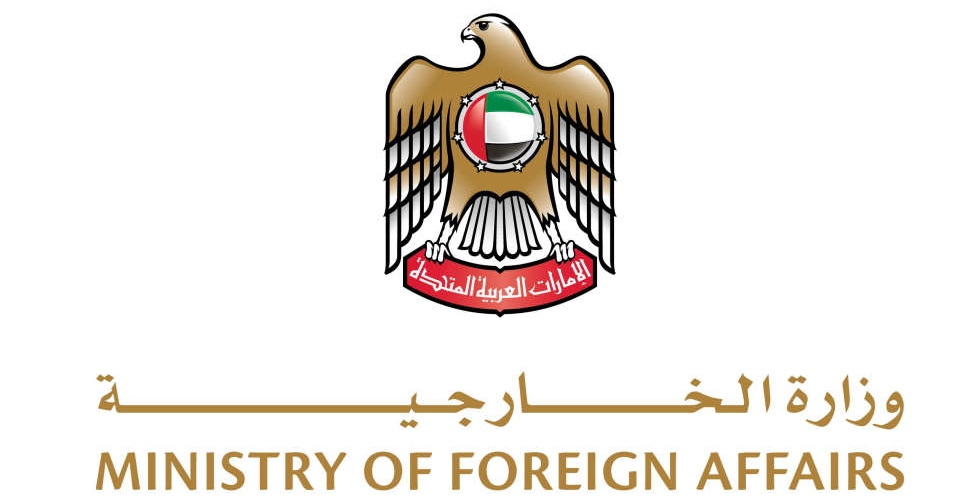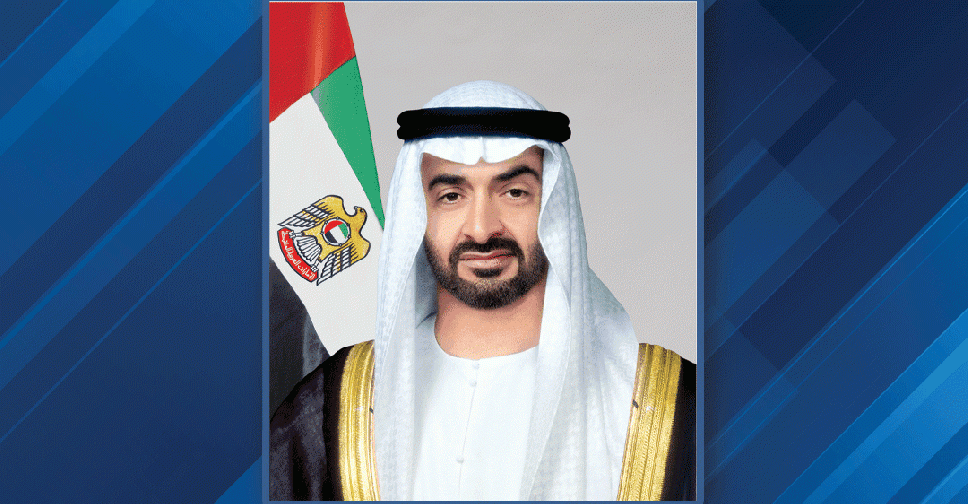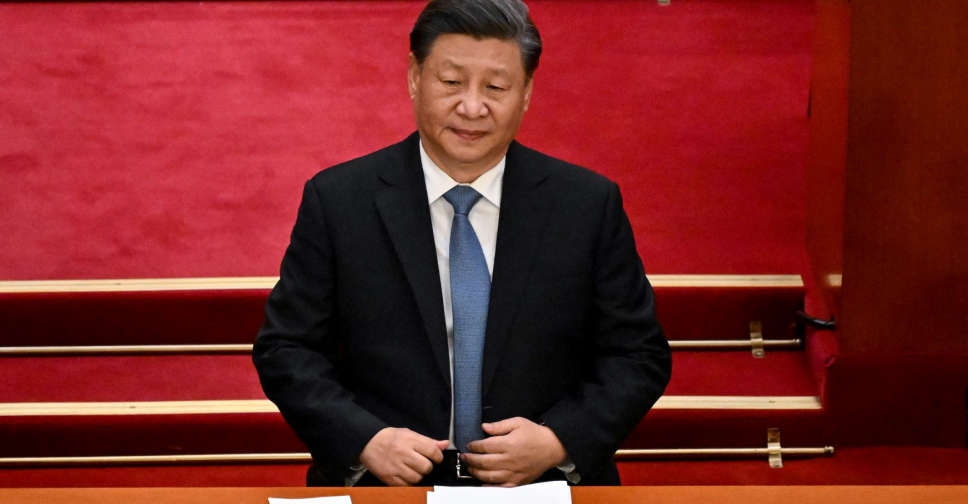
Xi Jinping secured a precedent-breaking third five-year presidential term on Friday during a parliamentary session in which he further tightened his control as China faces mounting challenges at home and globally.
Nearly 3,000 members of China's rubber-stamp parliament, the National People's Congress (NPC), voted unanimously in the Great Hall of the People for the 69-year-old Xi in an election where there was no other candidate.
Xi, who has taken China in a more authoritarian direction since assuming control a decade ago, extends his tenure amid increasingly adversarial relations with Washington and West over Taiwan, Beijing's backing of Russia, trade and human rights.
Domestically, the world's second-largest economy faces a challenging recovery from three years of Xi's zero-COVID policy, fragile confidence among consumers and businesses and weak global demand for Chinese exports.
China's economy grew just 3 per cent last year, among its worst performances in decades, and during parliament Beijing set a modest growth target for this year of just around 5 per cent.
"In his third term, Xi will need to focus on economic revival," said Willy Lam, senior fellow at the Jamestown Foundation, a US think tank. "But if he continues with what he has been doing - tighter party and state control over the private sector and confrontation with the West, his prospects for success won't be encouraging."
Xi set the stage for another term when he did away with presidential term limits in 2018, and has become China's most powerful leader since Mao Zedong, who founded the People's Republic.
China's presidency is largely ceremonial, and Xi's main position of power was extended last October when he was reconfirmed for five more years as general secretary of the central committee of the Communist Party.
NEW LEADERSHIP SLATE
During Friday's voting, Xi chatted casually with premier-in-waiting Li Qiang, who was seated to his left and is poised to be confirmed on Saturday to China's No.2 position, a role that puts the former Shanghai party chief and close Xi ally in charge of managing the economy.
Other Xi-approved officials will also be elected or appointed to key government posts during the upcoming weekend, including vice premiers, a central bank governor and numerous other ministers and department heads.
The annual parliamentary session, the first since China dropped three years of COVID restrictions, will end on Monday, when Xi will give a speech that will be followed by a media question-and-answer session by Li.
During Friday's session, Xi and dozens of other top leaders on-stage did not wear masks but all others in the vast auditorium did.
China abruptly ended zero-COVID in December after highly unusual nationwide protests against the policy. A subsequent wave infected most of China's 1.4 billion people, but China has not released a full tally of related deaths.
The parliament on Friday also elected Zhao Leji, 66, as the new parliament chair and Han Zheng, 68, as the new vice president. Both men were from Xi's previous team of party leaders at the Politburo Standing Committee.

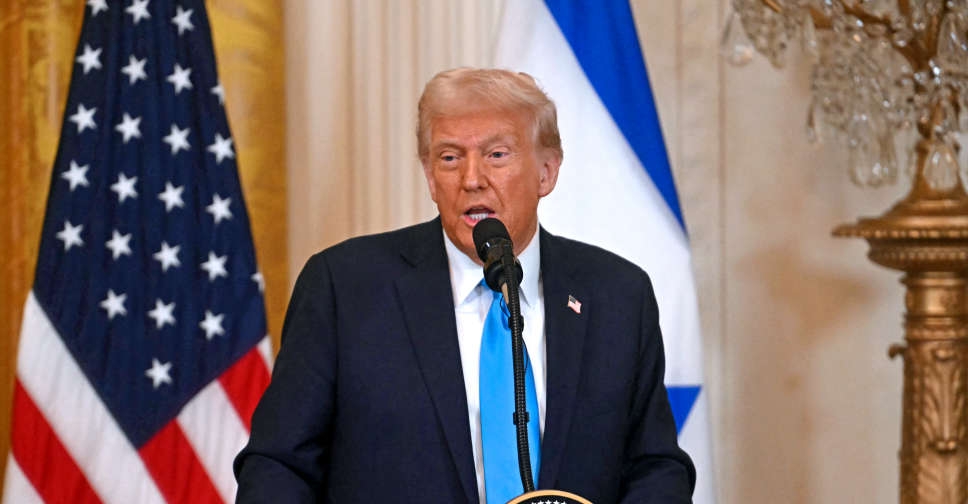 Trump's Gaza plan triggers international condemnation
Trump's Gaza plan triggers international condemnation
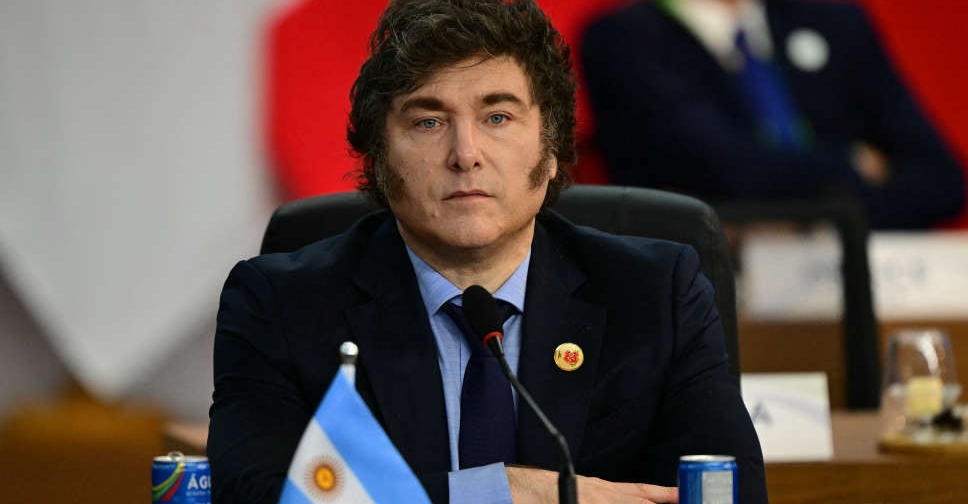 Argentina to quit World Health Organization: presidency
Argentina to quit World Health Organization: presidency
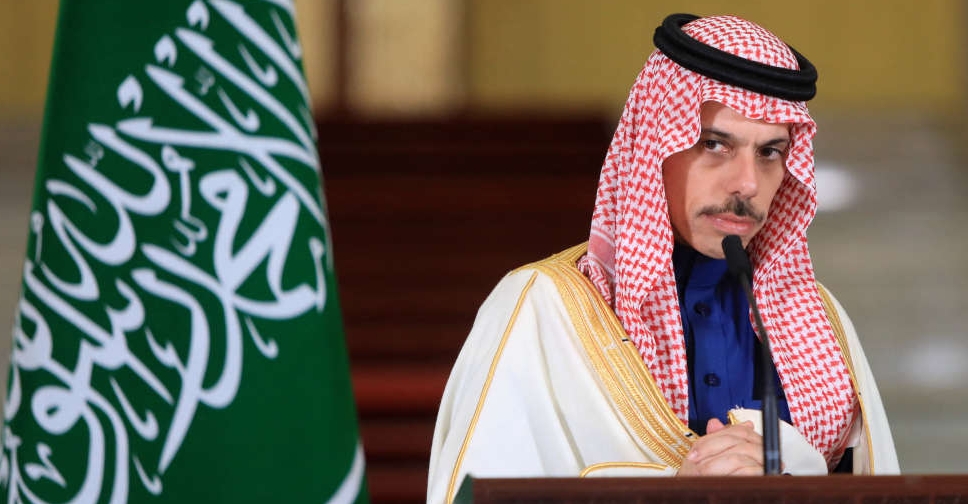 Saudi Arabia says no Israel normalisation without Palestinian state
Saudi Arabia says no Israel normalisation without Palestinian state
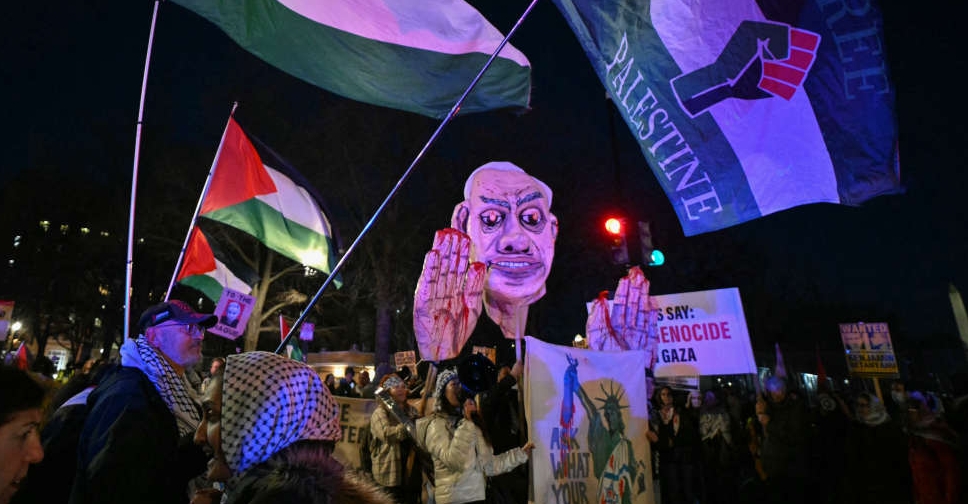 Hamas says Trump's 'absurd' remarks about Gaza could ignite region
Hamas says Trump's 'absurd' remarks about Gaza could ignite region
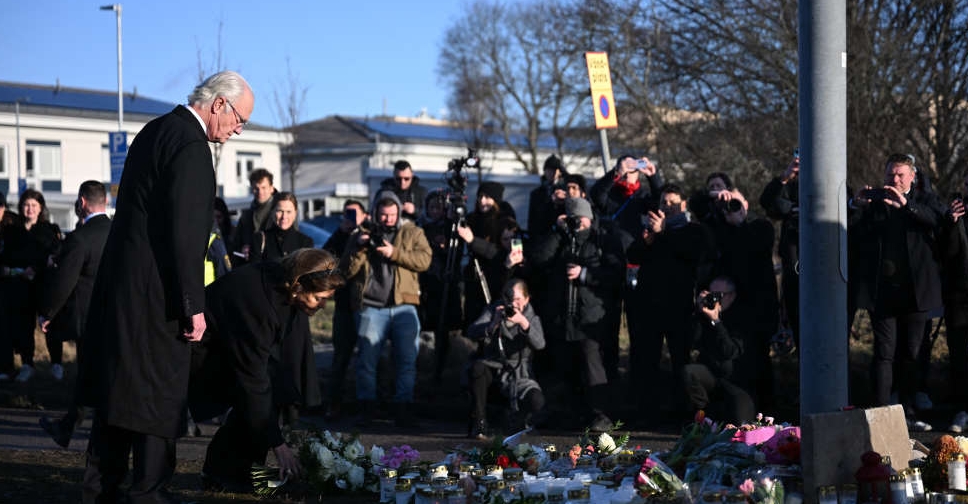 Sweden mourns victims of country's deadliest gun attack
Sweden mourns victims of country's deadliest gun attack
